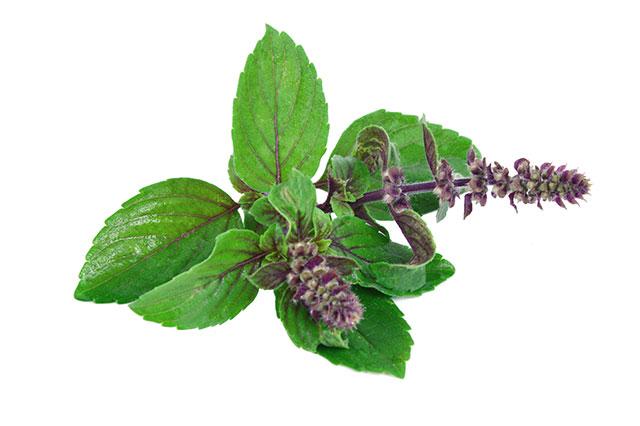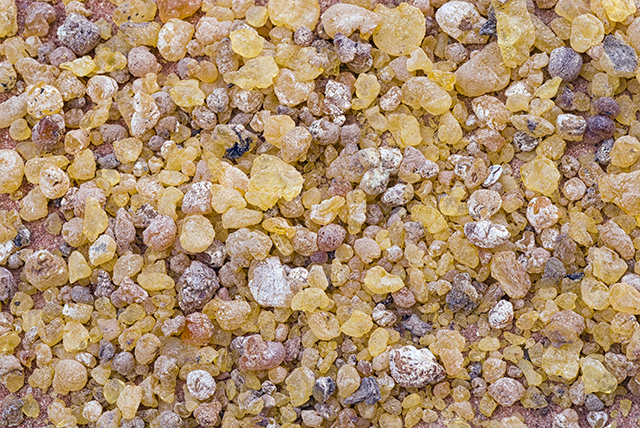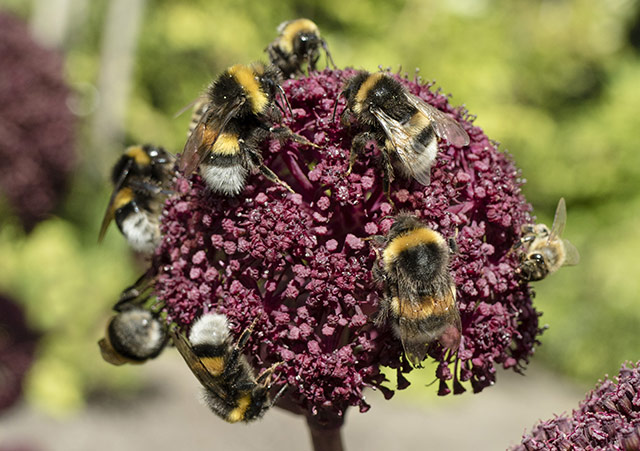Potato virus found to activate an anti-tumor immune response; it works on its own or in conjunction with traditional cancer treatments
12/31/2017 / By Zoey Sky

A potato virus may hold the key to triggering an anti-tumor immune response that could help treat cancer, a new study suggests.
A team of researchers from Case Western Reserve University School of Medicine have revealed that they have successfully altered virus particles into “cancer drug delivery devices for mice.”
However, the team shared that injecting the virus particles with chemotherapy drugs, as opposed to including the drugs within, can offer more advantages. The announcement was made via a recent article published in Nano Letters. The researchers are using a virus strain that normally contaminate potatoes.
Over the course of the study, the scientists, who worked with another group of researchers from Dartmouth Geisel School of Medicine and RWTH Aachen University in Germany, determined that the potato virus particles injected into melanoma tumor sites was the catalyst for an anti-tumor immune system response. At the same time, injecting the nanoscale plant virus particles along with doxorubicin, a chemotherapy drug, into tumor sites also helps slow down tumor progression in mice.
The researchers added that creating and injecting both nanoparticles, but with doxorubicin physically attached to the virus particles, didn’t have any considerable benefits.
The study’s results indicate that mice vaccinated with nanoparticles from the potato virus at a tumor site produced an anti-tumor response. Nonetheless, the researchers added that using more complex nanoparticles do not necessarily guarantee further therapeutic benefit.
Nicole F. Steinmetz, Ph.D., says that it can be tempting to headline the development of “multifunctional nanoparticles” that can “do it all.” She cautioned that the results of their study prove that a “step-wise approach” is necessary to faciliate noteworthy curative effectiveness that can also “[prolong] survival.” Steinmetz, who is also the study’s senior author, George J. Picha Professor in Biomaterials, member of the Case Comprehensive Cancer Center, and Director of the Center for Bio-Nanotechnology at Case Western Reserve School of Medicine, emphasized that leaving the potato virus nanoparticles and the drugs to their own device produced the “greatest benefit.” (Related: This Drink is A Medicine For Diseases – How A Cup of Potato Juice Heal Your Entire Body.)
The authors of the study posited that as the nanomedicine field works on devising multifunctional nanoparticles that merge various “functions and therapeutic regimens into a single nanoparticle,” their data points to a paradigm shift wherein some therapeutics may have to be administered separately to synergize and generate the best therapeutic result.
Steinmetz et al. will soon be studying the mechanisms behind the potato virus particles’ anti-tumor effects. Future studies will aim try evaluate if co-administering the nanoparticles with various chemotherapy drugs can stall the progression of other cancers.
She concluded, “Dual-pronged therapeutic approaches may be our best defense against certain cancers. And, virus-based nanoparticles like the ones in our study may be used to enhance efficacy of existing medications.”
Herbs that can help fight cancer
While Steinmetz and her team are studying the potential benefits of the potato virus on human cancer progression, try to incorporate the following cancer-preventing herbs in your diet:
- Astragalus/Huang Qi – Astralagus is a Chinese herb that is an immune system booster. It helps stimulate the body’s natural production of interferon.
- Bloodroot/Sanguinaria canadensis – Bloodroot has been shown to be effective against cancer tumors, even shrinking them.
- Butcher’s broom/Ruscus aculeatus – Ruscogenins, the active ingredients of butcher’s broom, has been found to be have tumor-shrinking and anti-estrogenic abilities. It is used in the treatment of breast cancer.
- Cat’s claw/Uncaria tormentosa – This herb is an adaptogen and a powerful immuno-stimulant. It enhances the white cells’ clean up process called phagocytosis.
- Chaparral/Larrea mexicana – This herb can boost the immune system, stop metastases, and reduce tumors.
- Curcumin (Turmeric) – Curcuma longa or turmeric root is a spice that has significant anti-microbial and anti-inflammatory properties. Research also shows that it can also shrink cancer tumors and inhibit blood supply growth to tumors.
You can read more articles about other herbs that can prevent cancer (and other natural cures) at Prevention.news.
Sources include:
Tagged Under: cancer, cancer drug delivery, Cancer drugs, cancer medication, cancer treatment, discoveries, medical breakthrough, medical technology, melanoma tumor sites, nanomedicine, nanoparticles, Oncology, potato virus, potatoes, virus particles




















